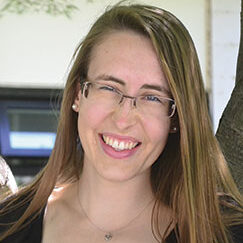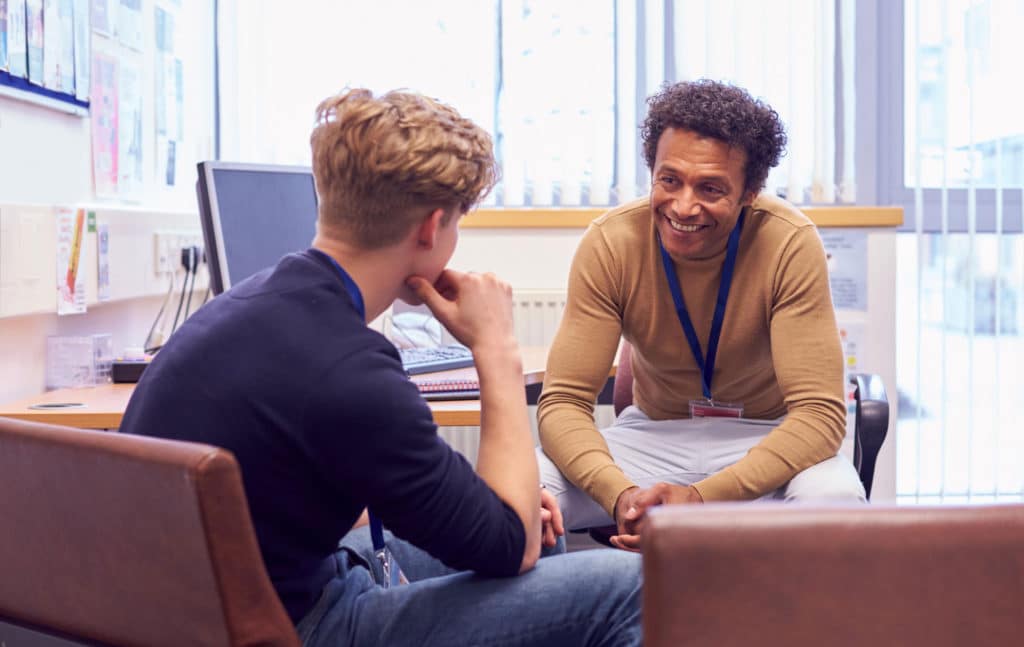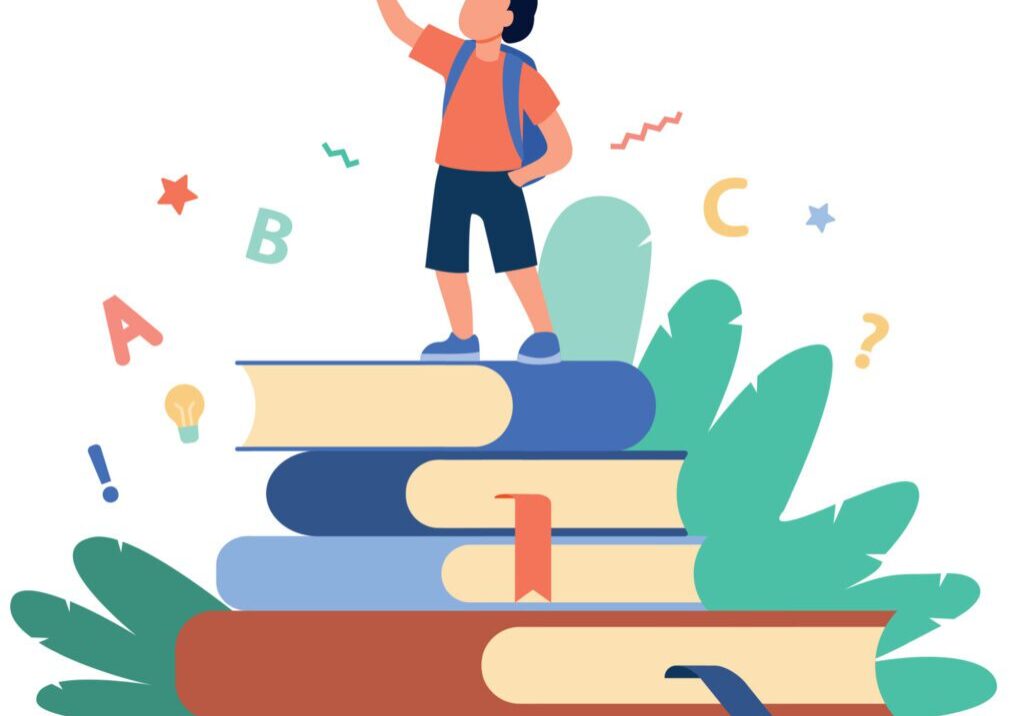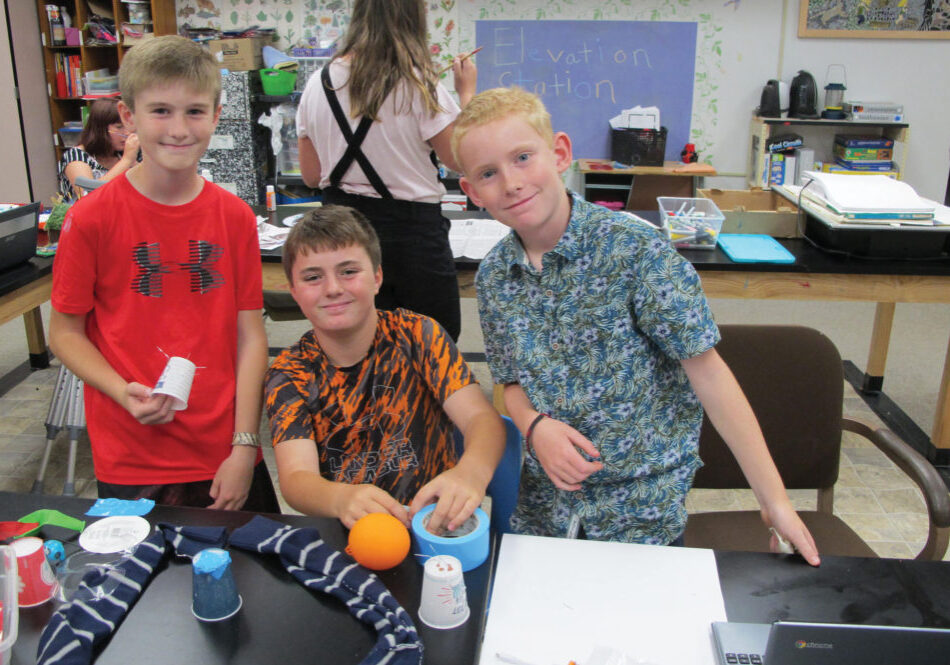How school counselors can improve lives
“I hope you don’t know my kid,” parents say jokingly to Michael Bettes, school counselor at North Cottonwood Elementary school in Cottonwood, CA. No parent wants to think of their child suffering anything that necessitates counseling. But trauma and bad behavior aren’t the only reasons students benefit from school counseling.
Michael and fellow Chico Unified School District counselors Lori McGlone (Citrus Elementary School), Sandra Villasenor (Bidwell Junior High School), and Quinn Mendez (Fair View High School) sat down with North State Parent to shed some light on how school counseling can improve the lives of all students and families.
Secondary school counselors
Sandra describes counselors at the secondary school level as “the parents-away-from-home.” Just like real-life parents, school counselors’ job description doesn’t fit in a neat box. “We help with academics, check in on grades, connect them to resources, encourage them, and help them with questions about home, school, and friendships,” Sandra says. “We’re here to listen, and we have a lot of outside resources we can connect kids and parents to,” Quinn adds.
Elementary school counselors
Counselors in elementary schools provide similar services for students and parents, and also spend time on campus-wide preventative measures. Like a dental hygienist who helps children create healthy brushing habits to avoid cavities that require a dentist’s intervention, elementary school counselors provide social-emotional learning (SEL) programs. These help kids establish healthy personal and social habits for lifelong emotional, mental, and relational health. “By having tools for self-regulation, for repairing relationships, etc., we hope to send kid to middle school with a skillset they can fall back on as opposed to always playing catch up,” Lori explains.
Helping children know they are safe and loved
SEL programs may involve one-on-one mentoring, but primarily consist of in-class lessons and pull-out peer groups so kids can learn with and from one another. “As an elementary school counselor, I have the amazing opportunity to teach our children skills like compassion, empathy, self-confidence, and kindness,” Michael says. “Academics are important, but until students know they are safe and loved, things like math and science aren’t even an option.”
Responding to increased anxiety and fear of the future
Events like the Oroville Dam Crisis, multiple devastating wildfires, and COVID-19 make it difficult for North State students to feel safe. In particular, the last few years have contributed to housing instability, leaving many students uncertain about where they’ll be sleeping next. Kids of all ages and backgrounds are grappling with increased anxiety and fear of the future.
In response to students’ anxiety, school counselors “try to form connections quickly, to wrap our services around the family, to let them know we’re a team,” Lori says. Forming connections during the pandemic has required great adaptability, creativity, and perseverance. In the last 12 months, school counselors have recorded videos of themselves to familiarize students with their presence and services. They have reached out to students via Google tools (Forms, Chats, and Voice), student portals, and check-in systems. They have met with students using Zoom, text, phone calls, email and more.
Meeting kids where they’re at
Many North State schools, including the four represented here, currently have at least partial in-person instruction, so school counselors have been able to resume some classroom lessons and pull-out appointments. For kids with concerning distance learning or in-person truancy rates, school counselors even make home visits. “The role of a school counselor is to turn over every stone,” Lori says. “We’re meeting kids where they’re at.”
Meeting kids “where they’re at” proves especially difficult in this season of high student turnover. Since the pandemic began, families’ transitions have led to unusually high rates of students both enrolling in and leaving local schools. Counselors work hard to make sure all students know they can turn to their school counselors. Quinn, for example, intentionally partners with teachers, makes classroom visits and greets students in front of the campus during the switch between morning and afternoon cohorts every day. “I want them to connect a name and face and not think, I’m the scary counselor lady who is going to make them talk about hard things,” Quinn says with a laugh.
Parents can partner with counselors
While past generations often viewed counseling as an embarrassing sign of weakness, many parents today recognize the value of counseling for all kids (and adults too!). Parents can partner with school counselors by keeping them in the loop on significant issues in kids’ lives. “If a parent tells me their family dog died last night, I can reach out to the kid even if the kid doesn’t come to me,” Michael says.
Parents can also advocate for their kids’ mental and emotional health by making sure their kids get enough sleep and by alerting school counselors of concerning behavior changes. “Keep an eye on your children’s moods, grades, sleeping and eating habits, and if they’ve lost interest in doing things that usually make them happy,” Michael says. Being aware of these key factors can help prevent self-harm and suicide, both of which are true concerns, even for young children.
“We’re on the same side”
Above all else, school counselors labor to help students survive today’s world so they’re ready for tomorrow’s world. As Lori puts it, “One of the big roles of the counselor, and why I love being a counselor is building relationships and letting everyone know we’re on the same side,” she says. “I’m on everybody’s side.”
Our North State school counselors have a wealth of information at their fingertips. Two of their top-recommended resources are:
- National Suicide Prevention Lifeline: 1-800-273-8255
- Basic Human Needs Resources (food, clothing, shelters, housing, utility assistance, etc.):
- Siskiyou, Shasta, and Tehama Counties: Call 2-1-1 or 211norcal.org
- Butte County: helpcentral.org
- Glenn County: helpcentral.org/glenn-county
Posted in: Education
Comment Policy: All viewpoints are welcome, but comments should remain relevant. Personal attacks, profanity, and aggressive behavior are not allowed. No spam, advertising, or promoting of products/services. Please, only use your real name and limit the amount of links submitted in your comment.
You Might Also Like...
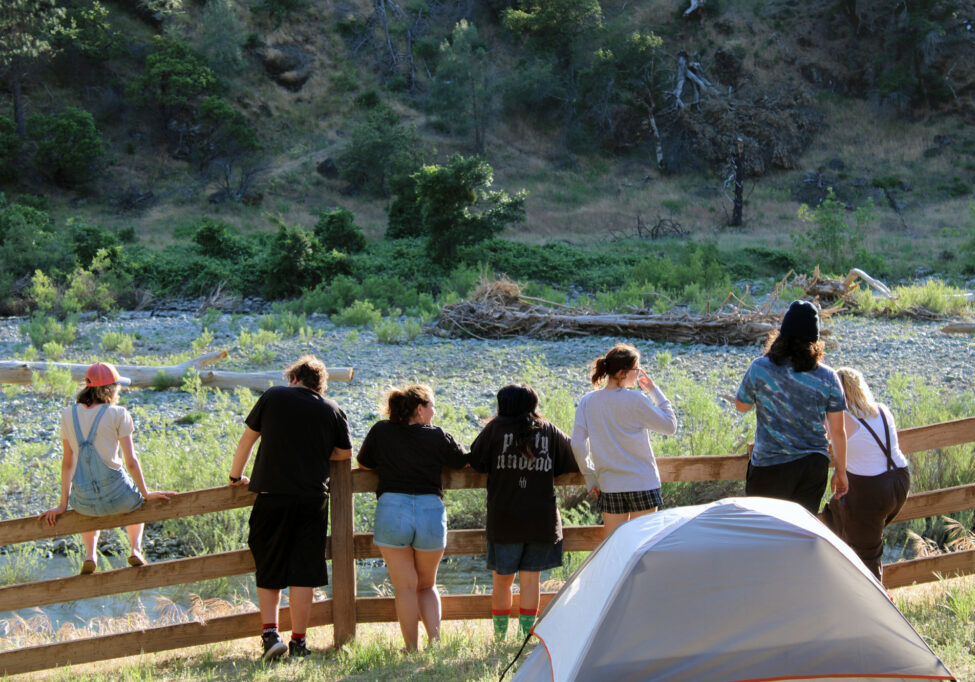
Pitching Tents Far From Technology with Anderson New Technology High School
The name of Anderson New Technology High School (ANTHS) could lead you to imagine rooms filled with computers and kids fully immersed in alternative realities. ANTHS students do study core […]
Annual Homeschooling Conference is a Memorable, Fun & Educational Experience!
August 6-9, 2015, at the Doubletree Hotel in San Jose, CA. So much more than just a conference – The Homeschool Association of California’s annual “HSC Conference” is a celebration, a […]
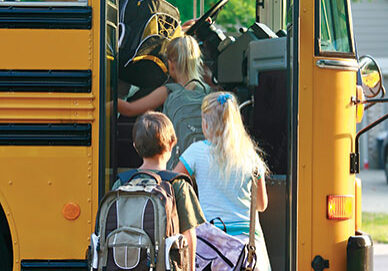
Tips For Easing The New-School Jitters
I remember lying awake for hours the night before the first day of school each fall. So many questions were swirling around my brain. What did the year have in store […]
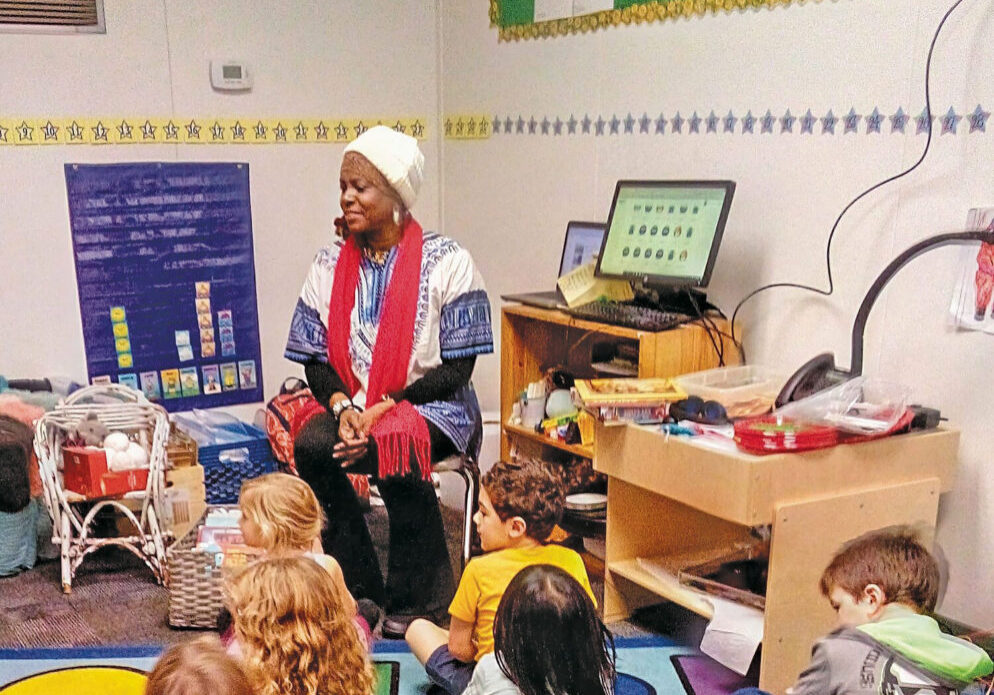
Amma Culture Teaches African History
Amma Culture in Chico – An African-Inspired Educational Resource “Being born in a community where we are traditionally less than 2% of the population, I was often the only black […]


